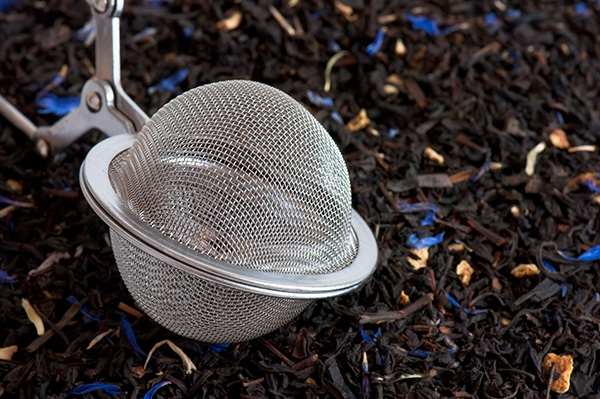Rosemary Tea: Benefits, Side Effects, and How to Make It
You’ve likely heard of rosemary as a popular herb used in various cuisines around the globe. But have you considered it as a tea? It’s more than just a flavorful addition to meals – it’s a potential powerhouse of health benefits.

What Is Rosemary Tea?
Rosemary tea is a beverage made from the rosemary herb, a member of the mint family. Known for its fragrant, needle-like leaves, rosemary is a staple in many kitchens. But when steeped in hot water, it also creates a soothing tea with a distinct, robust flavor. Rosemary tea can be prepared using fresh rosemary leaves, dried leaves, or even prepackaged tea bags available online or at your local health store.
Potential Health Benefits of Rosemary Tea
Rosemary tea isn’t just a warm, comforting beverage—it’s also packed with potential health benefits.
Rich in Antioxidants and Anti-inflammatory Compounds
Rosemary contains compounds like rosmarinic acid and caffeic acid, which are renowned for their antioxidant and anti-inflammatory properties. These compounds can help fight oxidative stress in the body, reducing inflammation and potentially warding off chronic diseases.
May Improve Digestion
Traditionally, rosemary has been used to help soothe digestive issues. Drinking rosemary tea might ease symptoms of indigestion, bloating, and constipation.
Could Boost Memory and Concentration
There’s some evidence that rosemary can enhance memory and concentration. It might be a helpful aid for those studying or working on tasks requiring focus.
Rosemary Tea Side Effects
While rosemary tea has its benefits, it can also have potential side effects.
Allergic Reactions
Some people may experience an allergic reaction to rosemary. Symptoms can range from skin irritation to difficulty breathing. If you suspect an allergic reaction, it’s important to discontinue use and seek medical attention.
Interactions with Certain Medications
Rosemary can interact with certain medications, such as blood thinners and diuretics. If you’re on medication, it’s crucial to consult your doctor before incorporating rosemary tea into your routine.
Who Should Not Drink Rosemary Tea?
People with high blood pressure, epilepsy, or those who are pregnant or breastfeeding should avoid drinking rosemary tea. This is because rosemary can stimulate the uterus and affect the hormone balance. Always consult your doctor or healthcare professional before starting any new herbal remedies.
How to Make Rosemary Tea
Making rosemary tea at home is straightforward and simple.
- Start by boiling 1 cup of water in a kettle or pot.
- Place a store-bought rosemary tea bag in your favorite mug.
- Pour the boiling water over the tea bag.
- Allow the tea to steep for 5-10 minutes, depending on your taste preference.
- Remove the tea bag, and let the tea cool for a few minutes.
- Once it’s cool enough, enjoy your hot cup of rosemary tea.
Remember to follow the instructions given on the product packaging for the best results.
Final Thoughts
Rosemary tea can be a comforting, flavorful beverage with several potential health benefits. However, it’s not suitable for everyone, and it’s essential to be aware of potential side effects. If you’re considering adding rosemary tea to your daily routine, it’s best to consult with a healthcare professional first.
FAQ
What Does Rosemary Tea Taste Like?
Rosemary tea has a unique flavor. It’s often described as slightly minty and peppery with a refreshing, woodsy aroma.
When Should I Drink Rosemary Tea?
You can drink rosemary tea at any time of the day, but many people find it soothing to have a cup in the evening.
How Often Can You Drink Rosemary Tea?
While there’s no set limit, a good starting point is one cup a day. Always follow the manufacturer’s instructions if using a store-bought product.
How Long Can You Drink Rosemary Tea Safely?
You can generally drink rosemary tea safely for as long as you wish, provided you don’t have any allergic reactions or conditions that make it inadvisable. However, it’s always wise to consult with a healthcare provider for personalized advice.






